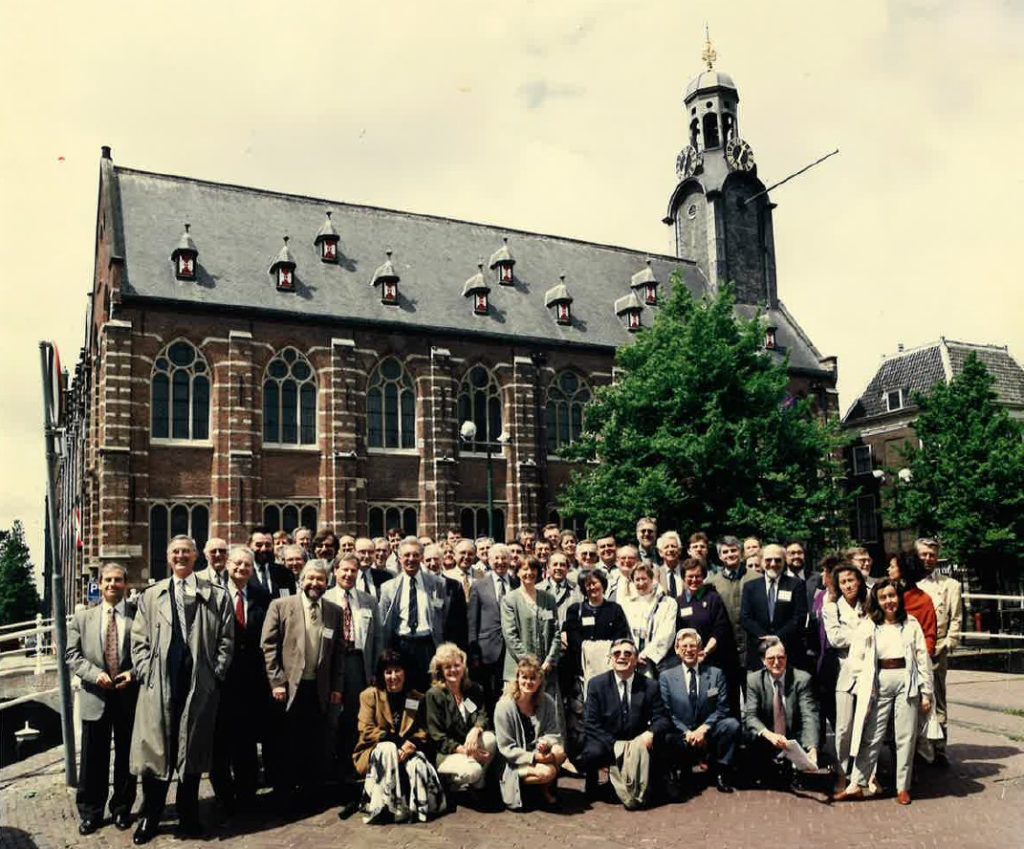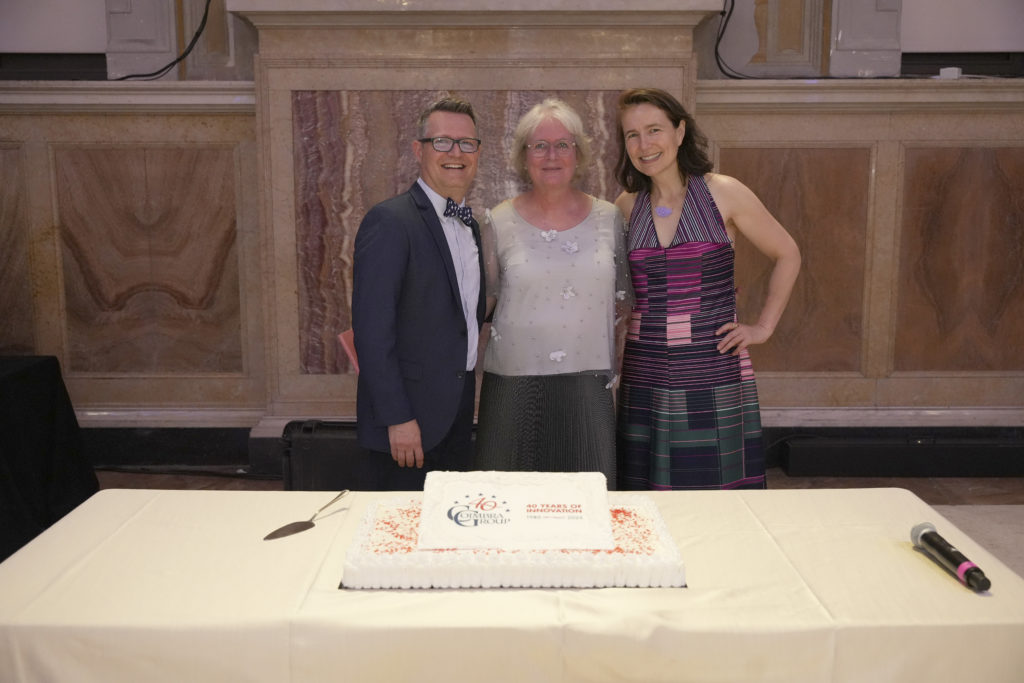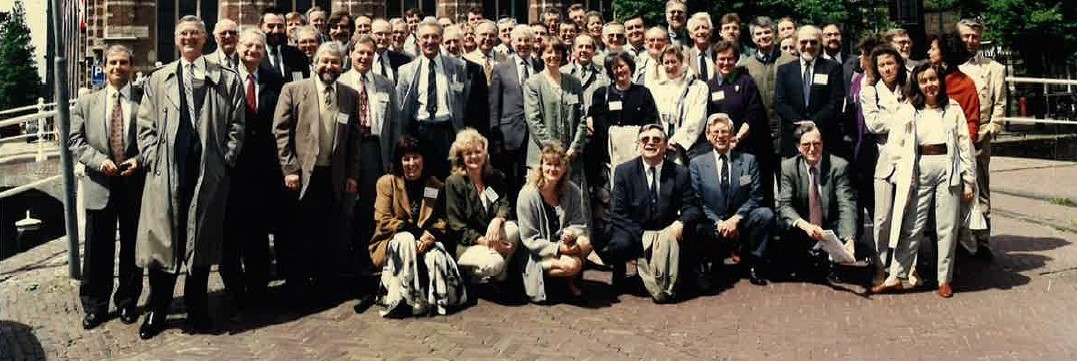Åbo Akademi University became a member of the Coimbra Group in 1995. The General Assembly was held in Leiden and it was my first one as a representative for my university. I met a completely new set of people, full of visions and wisdom and I was greatly impressed and honored to be able to work in such an environment. Over the past 30 years, I have attended most of the Coimbra Group’s Annual Conferences, and have actively contributed in task forces, working groups and EU-funded projects. These experiences have provided me with countless memories; I could give a long lecture on the Coimbra Group’s developments, policies, challenges, triumphs, adventures and unexpected scenarios, but above all – friendships – during the last three decades. It is profoundly meaningful to take part and contribute to the great and important work that the Coimbra Group is doing for education and research. I wish to highlight three things that I am personally proud to have been involved in establishing within the Coimbra Group.

- In the late 1990s I stepped into some big shoes, becoming the chair of the Eastern neighboring countries task force (later called Task Force for Cooperation with Central and Eastern European countries). The Task Force took the initiative to create the so-called Hospitality Scheme Programme. The idea of the Programme was to offer short-term visits to scholars from countries in south Eastern Europe, which were not eligible for funding under EU education programmes. Today, the programme has grown and is called the Coimbra Group Scholarship programme.
- The next big personal step was the creation of the Coimbra Group Student Exchange Network (SEN), which brought together the Coimbra Group mobility colleagues. We used a Nordic model for the scheme, and during the academic year 2000-01 the Coimbra Group universities exchanged the first Student Exchange Network “SEN” students. The idea behind the initiative was to give students in any academic discipline the opportunity to go on exchange to another CG university. CG SEN is today a strong exchange network and I still keep an eye on the SEN by gathering the information for the common fact sheet each year, updating, and renewing the multilateral IIA whenever needed or when welcoming a new member in the SEN. The network serves as a gateway into the Coimbra Group “world” for the students (as well for their departmental coordinators approving of their learning agreements), promoting the best bottom-up approach the Coimbra Group can have.
- I also had a vison about engaging more academics in the activities of the Coimbra Group. Thus, I convinced our Professor Ulrika Wolf-Knuts at the department of Nordic Folkloristics at Åbo Akademi University to take the initiative of establishing the Folklore working group, which eventually became the Culture Task Force. This Working Group is still active today, has expanded and is today called the Social Sciences & Humanities Working Group. Inspired by this first academic discipline based task force, the STEM and Life Sciences working groups were also established.

After reflecting on these thirty years, I realized that it is not such a long time of period after all. However, looking back, I can clearly see that “the club” of European (mostly) gentlemen once had a vision of future university collaboration on a high level, which has developed into a modern, democratic and open network of universities. The Coimbra Group has a very good reputation and is an important influencer. I am very grateful for all the opportunities, conversations, insights and meetings that representing Åbo Akademi University in Coimbra Group has provided me.
Harriet Klåvus, Head of International Cooperation


